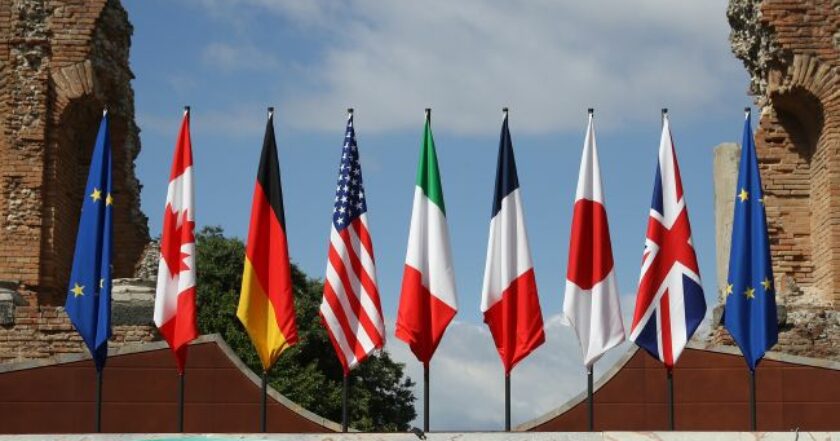Ukraine calls on the EU and G7 to raise taxes for companies that continue to operate in russia

Photo: Getty Images
The Ukrainian government and parliament are calling on the EU and the G7 to raise taxes together with Ukraine on companies that continue to do business in russia.
This was announced by entrepreneur and former Cabinet Minister Dmytro Dubilet, First Deputy Chairperson of the Tax Committee of the Verkhovna Rada Yaroslav Zhelezniak in a comment to the EP.
Earlier, on April 1, the Ukrainian parliament passed in the first reading a draft law that would increase the tax rate for businesses that continue to operate in Russia by 50%. However, deputies immediately stressed the need for such rules to work not only in Ukraine: "If the conditional Leroy Merlin does not want to leave russia for moral reasons, we must force him for economic reasons," Dubilet wrote.
Therefore, Ukraine calls on partner countries, together with Ukraine, to increase the tax burden on businesses that continue to operate in russia. According to Zhelezniak, the work continues with the PACE countries, the EU, as well as Japan, Australia, New Zealand, Canada, the United States, and South Korea.
The Ukrainian version of the coefficient is 1.5, which will be applied to the rates of income tax, environmental tax, rent, and the property tax for companies that are part of an international group of companies that receive income in russia. They are also proposed to increase them for companies legally related to the russian federation.
"The adoption of this legislative initiative should increase financial and reputational pressure on the headquarters of international groups of companies and create an additional incentive to cease operations in russia and finance the state's military aggression against Ukraine," the letter to governments and parliaments said.
Zhelezniak noted that Ukraine at the level of the Ministry of Finance and the Verkhovna Rada has appealed to all Ministries of Finance, parliaments, and works with "friendship groups" (parliamentary groups for inter-parliamentary relations) with other countries.
First of all, the goal, says the people's deputy, is to encourage the largest markets to make legislative changes. Although it is too early to say which countries are ready to support the initiative, Zhelezniak believes that Poland will definitely be among them.
Note that Germany, France, and Italy are the three largest economies in the EU last year. Often parent companies from these countries refuse to leave the market of the aggressor, for example, Leroy Merlin, Metro, BASF, and others.


















































